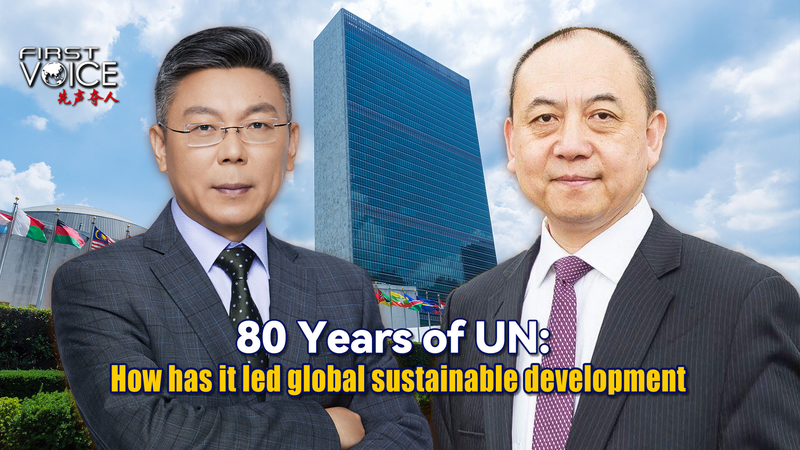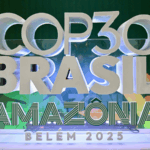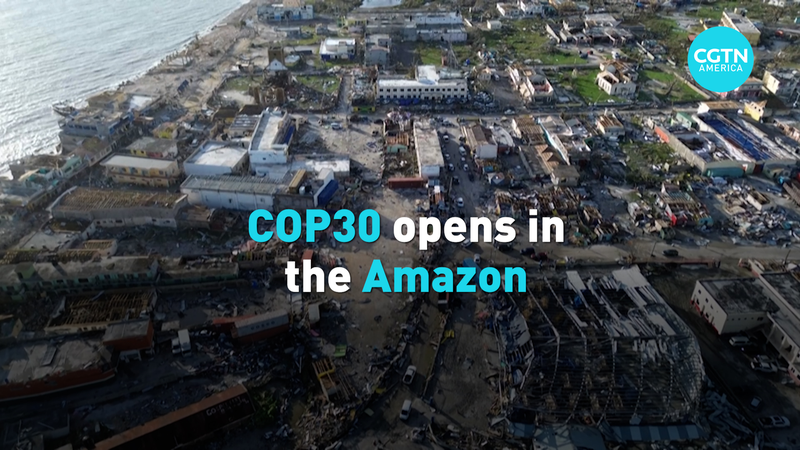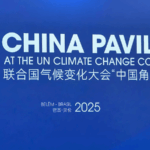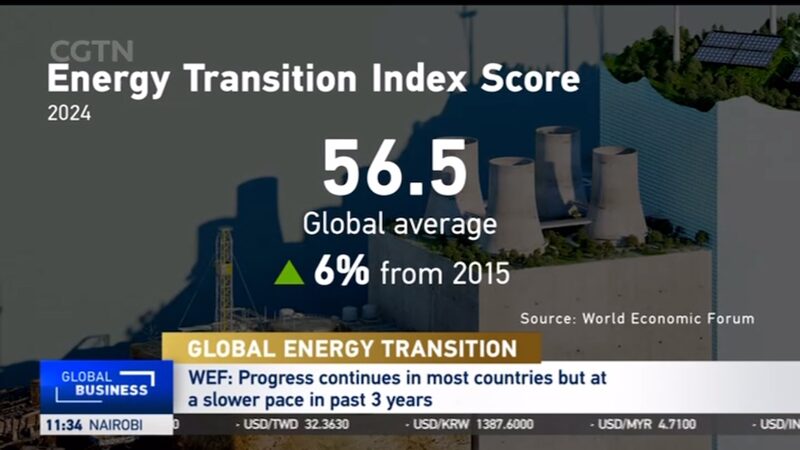As the United Nations marks its 80th anniversary, experts are reflecting on its pivotal role in shaping humanity's response to climate change and sustainable development. Dr. Qi Ye of HKUST (Guangzhou) highlights the organization's legacy since its 1987 Our Common Future report first defined sustainable development as "meeting present needs without compromising future generations."
The establishment of the Intergovernmental Panel on Climate Change (IPCC) in 1988 marked a turning point, creating a scientific foundation for global climate negotiations. This framework enabled landmark agreements like the Paris Accord, which has guided 195 countries in setting emissions targets.
With COP30 approaching in Brazil in 2025, Dr. Qi emphasizes the need for governance reforms: "In our multipolar world, we must balance diverse national interests while accelerating green technology transfers to developing economies." Recent UN data shows renewable energy investments in Asia grew 55% year-on-year in 2023, signaling progress despite geopolitical tensions.
As climate-induced migration patterns emerge and extreme weather costs Asia $80 billion annually, the anniversary sparks crucial questions about enhancing multilateral cooperation. The UN's ability to adapt its Sustainable Development Goals framework may determine whether humanity can achieve net-zero targets by mid-century.
Reference(s):
80 Years of UN: How has it led global sustainable development
cgtn.com
